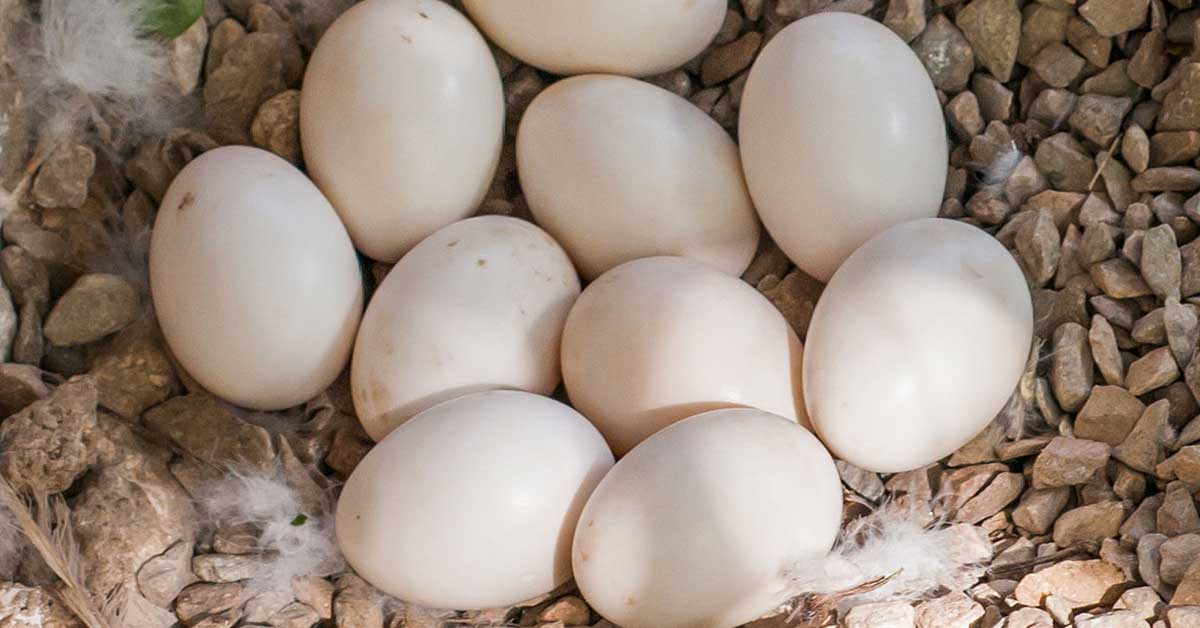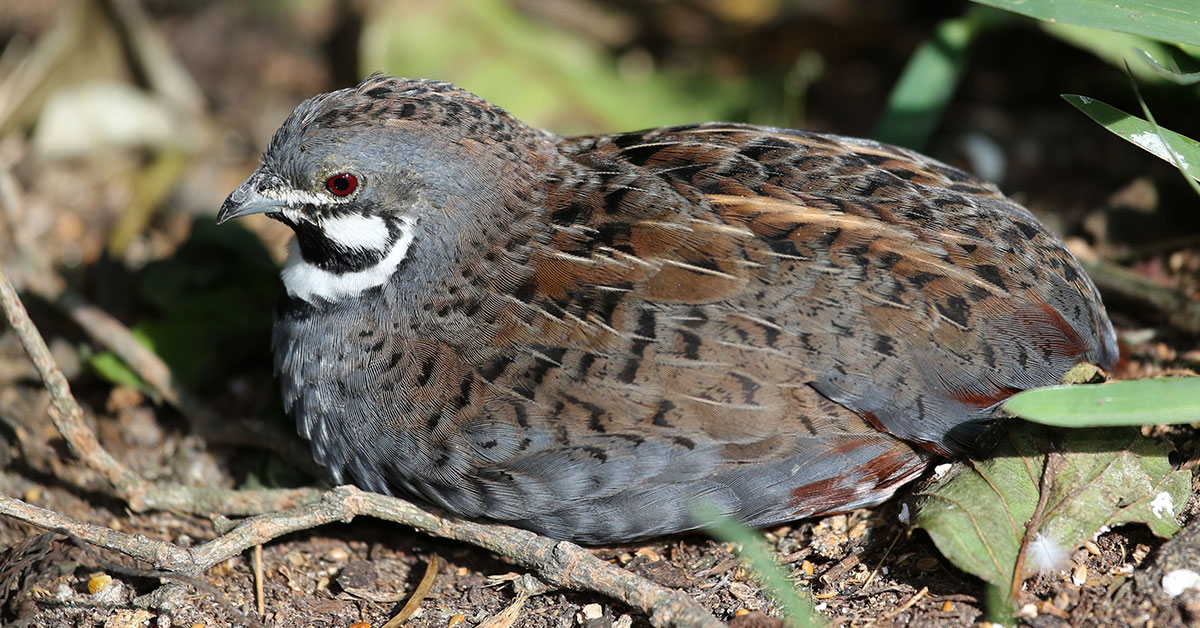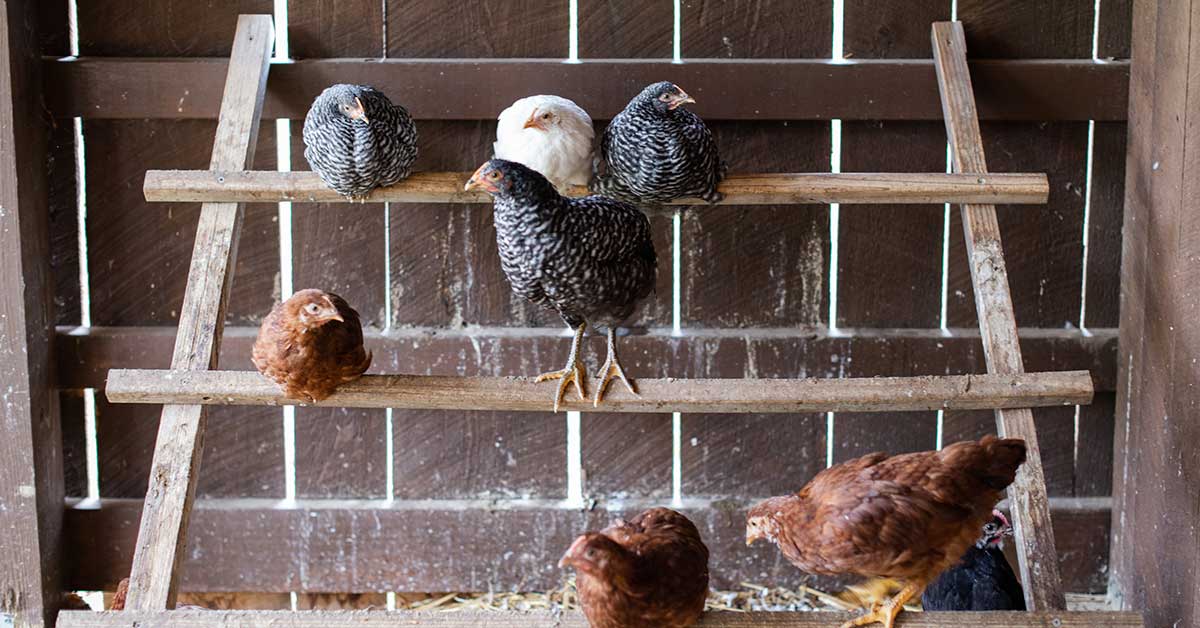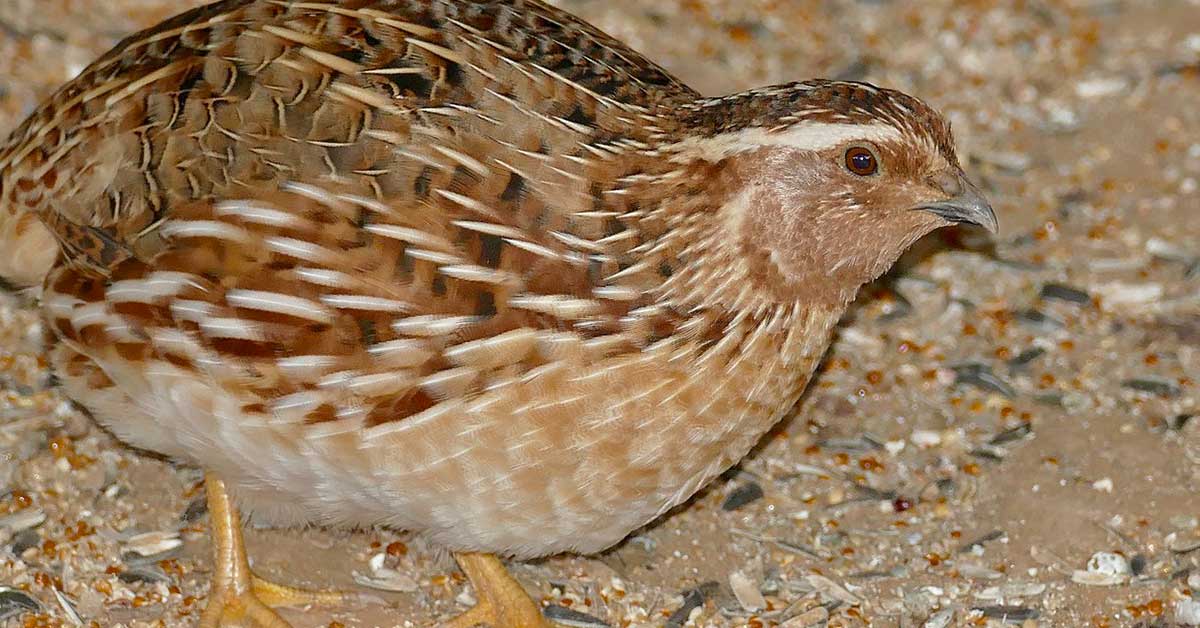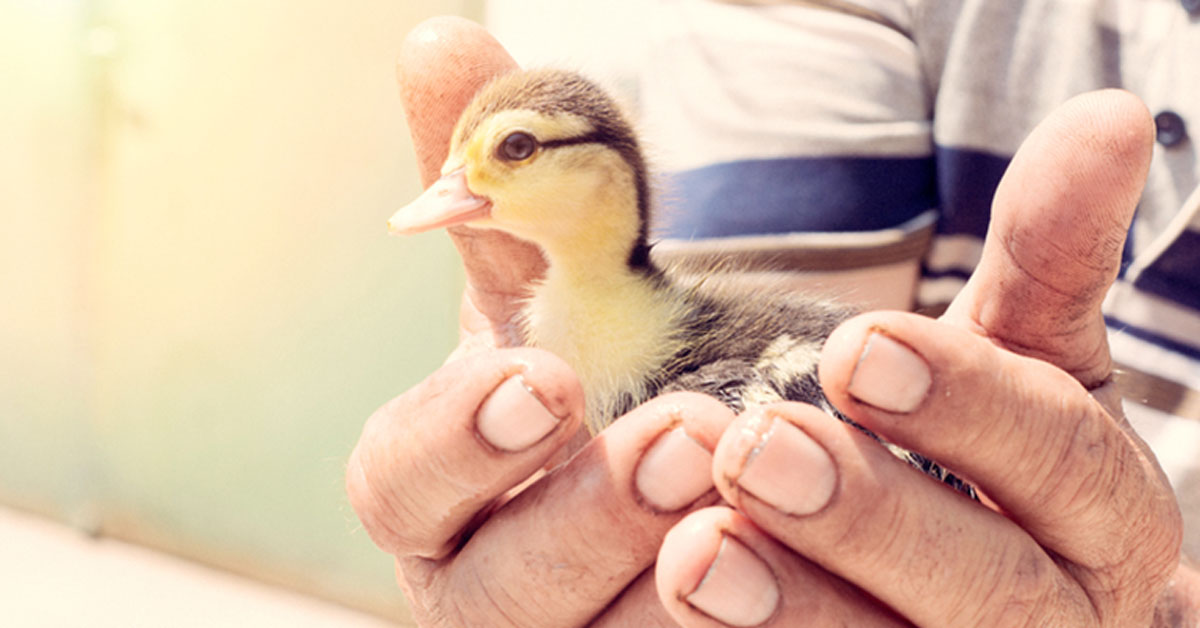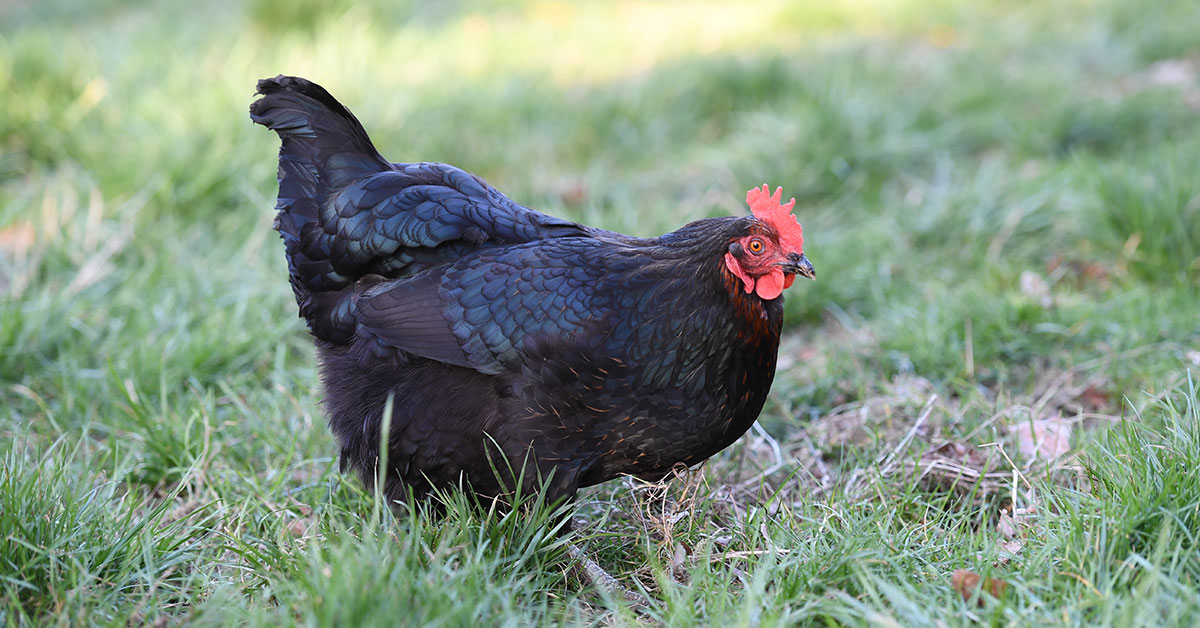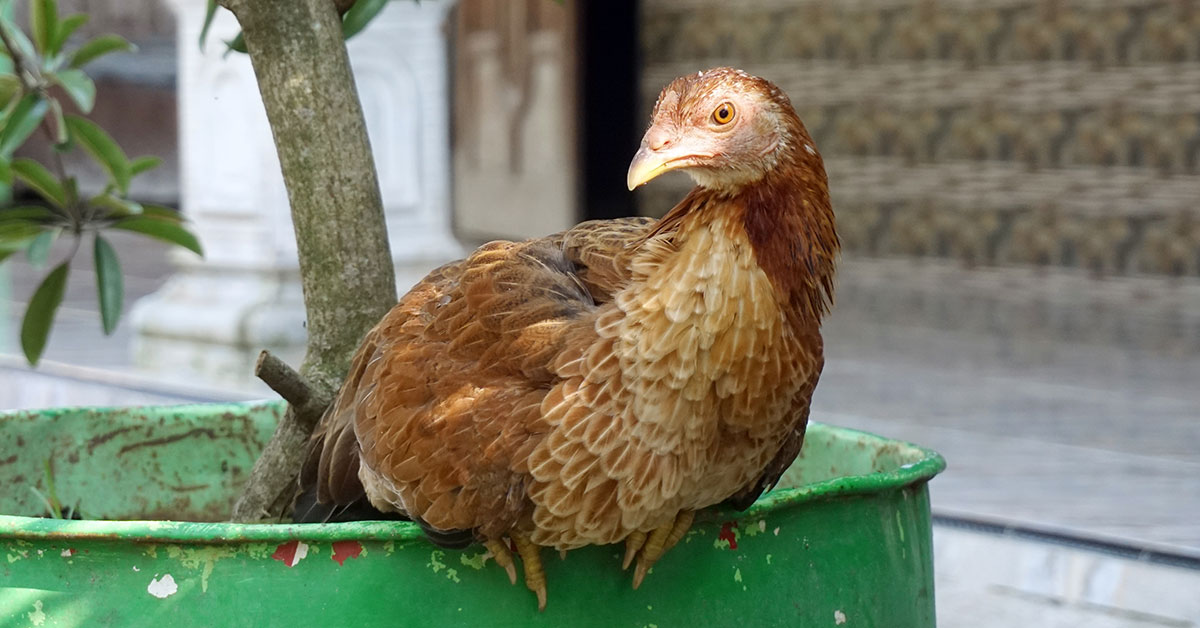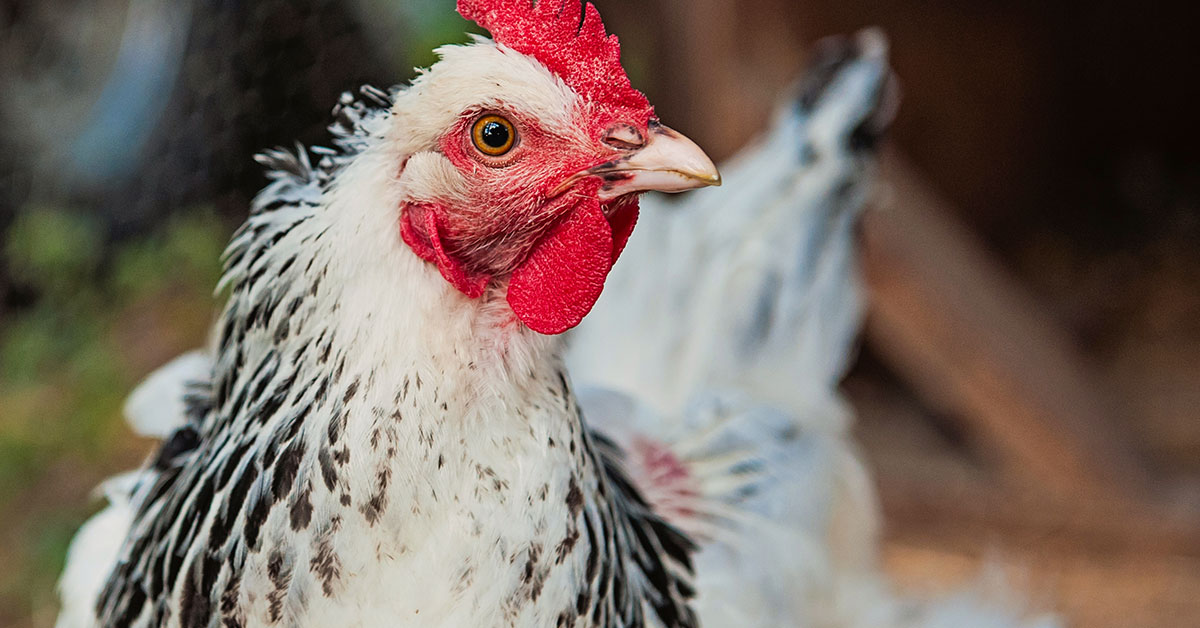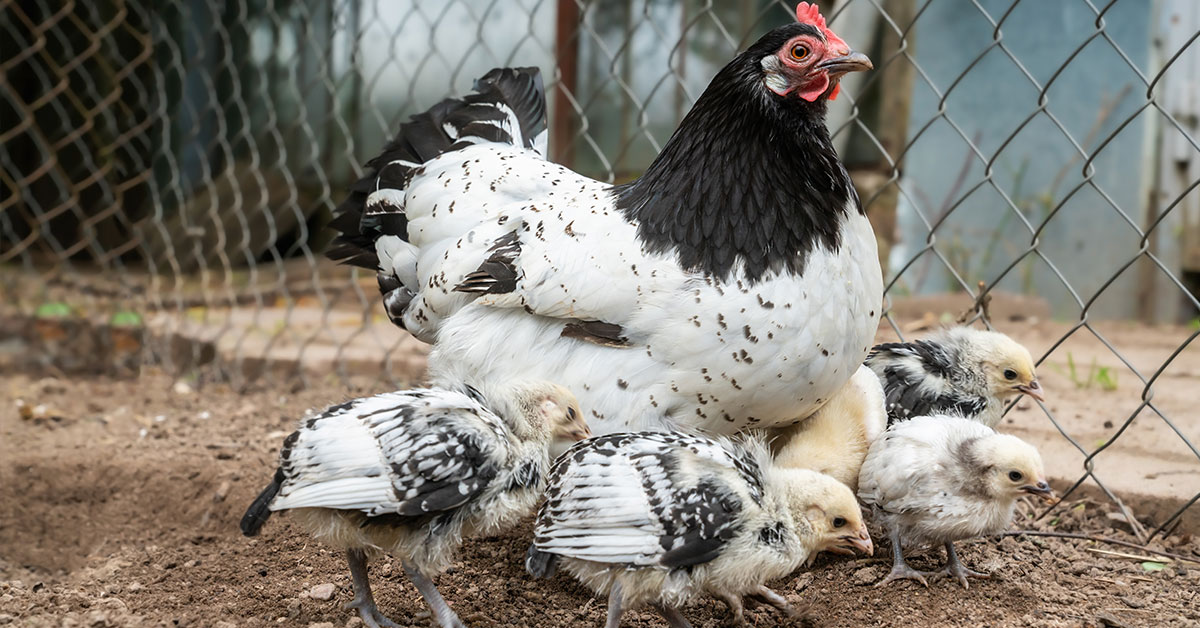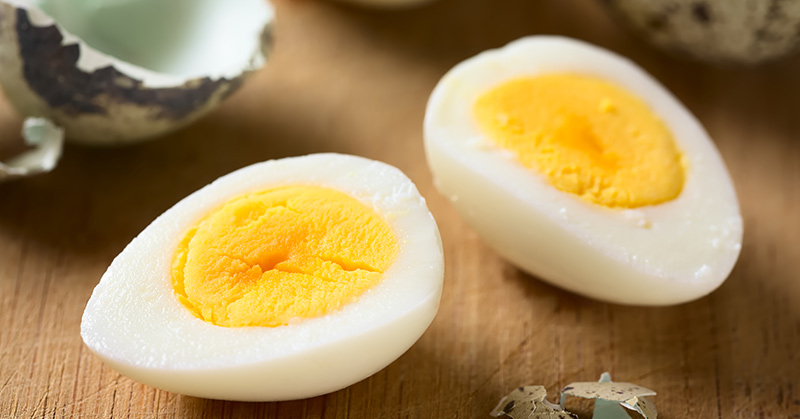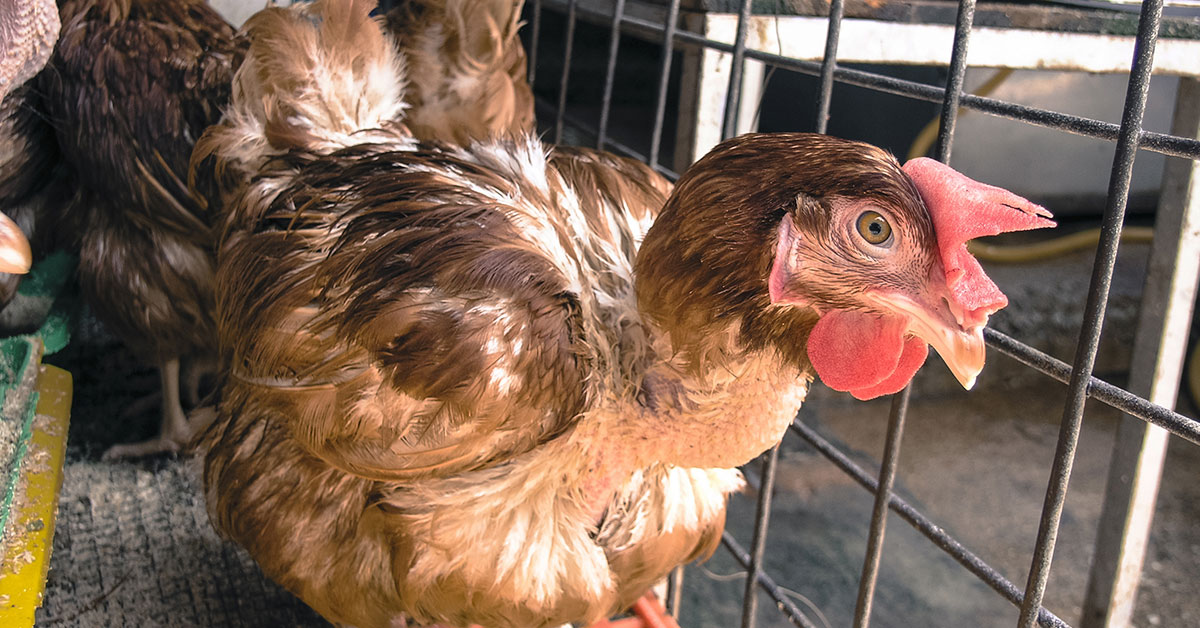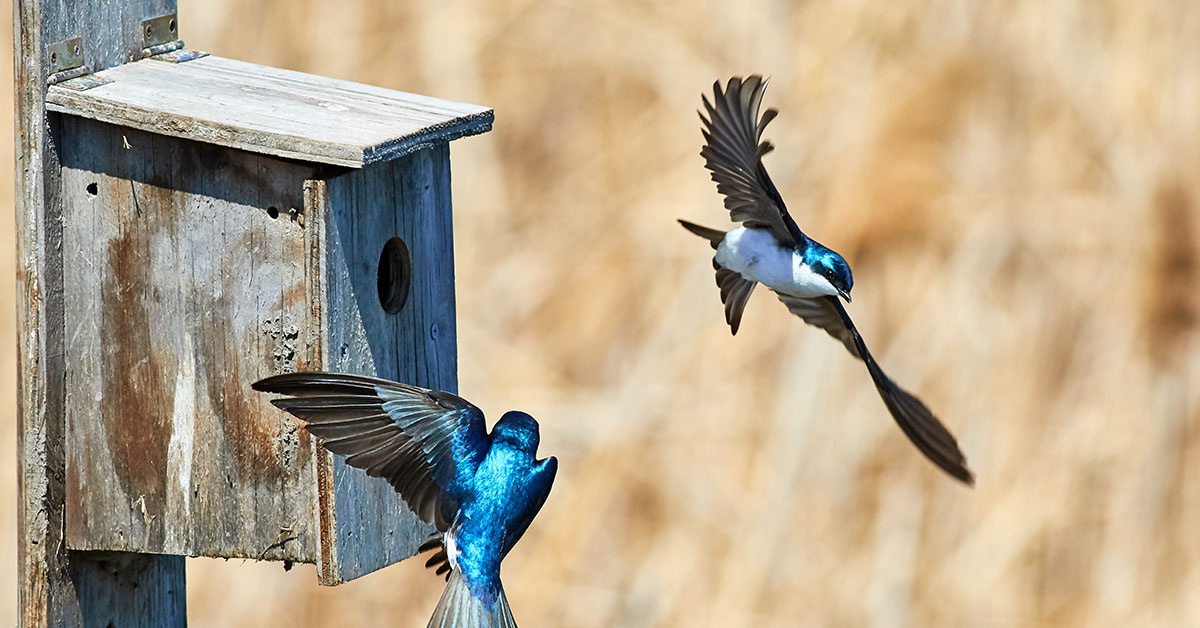If you’re thinking about adding ducks to your backyard, farm, or homestead, you might be wondering: how often do ducks lay eggs? How many eggs will my ducks lay every year? It’s a good question. You wouldn’t want to add a bird to your homestead that doesn’t produce very many eggs, right? Some breeds of duck lay more eggs than others. In this article, we’ll explore some of those breeds and hopefully help you decide which breed to get!
Why duck eggs?
Backyard farmers and larger-scale farmers alike keep ducks for a number of reasons, including their eggs. A duck egg is a large egg, usually slightly larger than a chicken egg. The color of the shell is often a creamy white or light brown, with a smooth and glossy finish. The yolk of a duck egg is darker and richer than that of a chicken egg and the egg white is thicker and has a stronger flavor. Duck eggs are a popular ingredient in baking and cooking, as they provide a richer flavor and a creamier texture than chicken eggs.
Ducks are becoming an increasingly popular backyard pet because they are relatively low-maintenance pets that are fun to watch, easy to raise, and provide eggs and meat. They are social and interactive animals that can easily become part of the family if you raise them to be that way. Ducks also provide natural pest control, as they eat snails, slugs, and other small bugs without doing a lot of damage to the natural landscape. Unlike chickens, ducks don’t scratch, but they can and will make a big messy mud puddle if given the chance.
How often do ducks lay eggs?
Ducks typically lay eggs once a day during the spring and summer months but may lay more or less frequently depending on the breed of duck. Ducks typically take a break from laying eggs in the winter, just as chickens, quail, and other types of poultry do. If you want your ducks to continue laying, you can offer an artificial light source in your duck house to increase the number of “daylight” hours your ducks get to 12-14, which is ideal for laying.
Providing a balanced diet will help your ducks keep laying eggs every day. Ensure that your ducks have access to a balanced diet, including protein, carbohydrates, vitamins, and minerals. You can feed them a commercial duck feed, or offer a variety of grains, fruits, and vegetables. It’s also important to keep their environment clean. Ducks require a clean environment in order to lay eggs. Remove old eggs and clean the nesting boxes regularly!
And of course, monitor their health. A healthy duck is a happy, egg-laying duck! Ducks that are unhealthy or injured may not lay eggs. Watch for signs of disease, pests, and injury.
Best egg-laying ducks
The number of duck eggs you’ll get in a day or over the course of a year depends on the type of duck you get. Picking the right type of duck is important if you want lots of eggs! My personal favorite prolific egg layer is the Campbell duck. This type of duck can lay up to 340 eggs per year, which is one almost every single day! Other breeds of duck that lay 200-300 eggs include Runner ducks, Ancona ducks, Welsh Harlequins, Saxonies, and a breed that I’m currently keeping on my property: Muscovy ducks.
Muscovies are a personal favorite of mine because they don’t make much noise at all. The females are pretty much silent, and the males make little more than a huffing sound. If you’ve kept any of the above breeds, you know that ducks can be LOUD!
